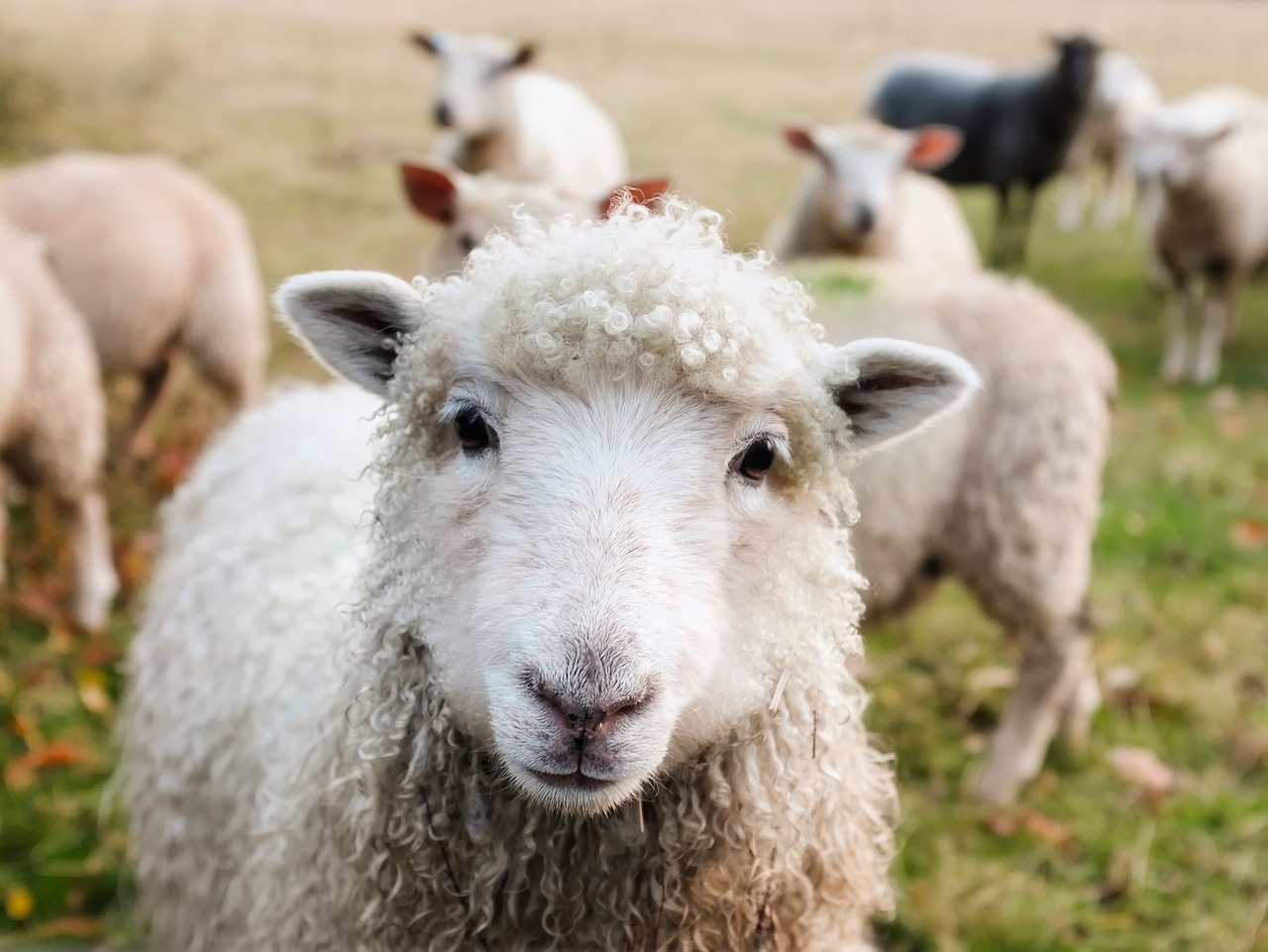LIFE Green Sheep Project: reducing the carbon footprint of sheep farming

In the fight against climate change, speeches and silent actions produce effects. The LIFE Green Sheep Project certainly falls into the latter category. This pan-European Project, financed by the European Commission and coordinated by the Institut de l’Elevage in France, aims to reduce the carbon footprint in sheep farming.
In agriculture, particularly in livestock farming, programs and media attention often focus on the beef sector regarding emissions. In this regard, the Green Sheep Project is the first initiative of this importance in the EU sheep sector.
Small ruminants farming, especially sheep for meat and milk production, generates methane, nitrous oxide, and carbon dioxide emissions, accounting for 7.4% of global GHG emissions (FAO, 2017). Yet, sheep farming can also help regulate the climate through carbon storage, biodiversity gains and bioeconomy support.
This can be achieved in grasslands and pasture areas, including marginal, remote areas where sheep grazing is the only possible economic activity and the only way to preserve grasslands. Studies carried out in several European countries reveal many possibilities for intervention on sheep farms due to a considerable variability of European practices.
These challenges are very ambitious, but the fact that there are projects and funding is positive evidence that livestock farming is not a problem but a solution. As beef, sheep farming can play an essential role in climate regulation because, if well managed, it is a valuable tool to mitigate greenhouse gases and combat climate change.
The vast majority of sheep farmers are very aware of environmental issues. However, according to the promoters of the LIFE Green Sheep Project, studies also reveal that knowledge gaps exist among sheep farmers on best practices for reducing GHGs emissions.
Based on a similar positive experience, the LIFE Green Sheep Project has given itself five years (2020-2025) to try to reduce by 12% the carbon emissions of more than 1.637 sheep farmers across five countries – France, Ireland, Italy, Spain and Romania. The countries involved represent 47% of the EU sheep meat production and 63% of the sheep milk production.
To achieve such a result, the Project first focuses on developing methodologies and tools to assess the carbon emissions of sheep farms. Among the more than 1637 farmers involved in this monitoring, 282 farms were selected to test the implementation of innovative actions to reduce the climate footprint, and 143 professional advisors were trained to enable the Project to function correctly.
The particularity of the LIFE Green Sheep Project is to look for the most beneficial actions in reducing emissions while preserving the economic viability of the farms. An approach that can bring quick results and farmers’ attention.
The results are expected in 2025. In the meantime, we spoke to project lead Dr Jean-Baptiste Dolle, from the Institute de l’Elevage.
Dr Dolle, what is the main purpose of the LGS Project?
The LIFE Green Sheep project aims to reduce the carbon footprint of sheep milk and sheep meat by 12% while ensuring farms’ sustainability.
More broadly, the objective of the Project is to demonstrate and disseminate actions among farmers and stakeholders to reduce the carbon footprint of European sheep farming.
Can you give me some concrete examples of farming adaptations?
Different action levers exist to reduce greenhouse gas emissions and enhance carbon sequestration. The most important are action levers for herd management: decrease lamb mortality, increase ewe longevity – thus reducing replacement rate; ensure appropriate body condition at mating and lambing; increase reproductive efficiency (fertility), etc.
Nevertheless, other practices can help farmers to reduce GHG emissions in sheep farming: optimise grazing / extend grazing season; increase legume forages and reduction of protein concentrates; improve the conservation and quality of forages (silages and hays); decrease the use of mineral fertilisers; optimise the use of organic fertilisers.
Is EU legislation helping sheep farmers to achieve better environmental sustainability?
For now, the EU legislation is not really helping sheep farmers in terms of improving sustainability. The CAP and its Agroecological measures based on climate actions could help, but it is not well developed. At EU level, there is a need to develop legislation on Carbon Farming to build a common standard and facilitate farmers’ involvement with carbon credits or payment for ecosystem services.
We are working on Carbon Farming dissemination in the EU through two projects, Life Carbon Farming (more information here) and Climate Farm Demo. There is still a lot to do, but we are on the right path.